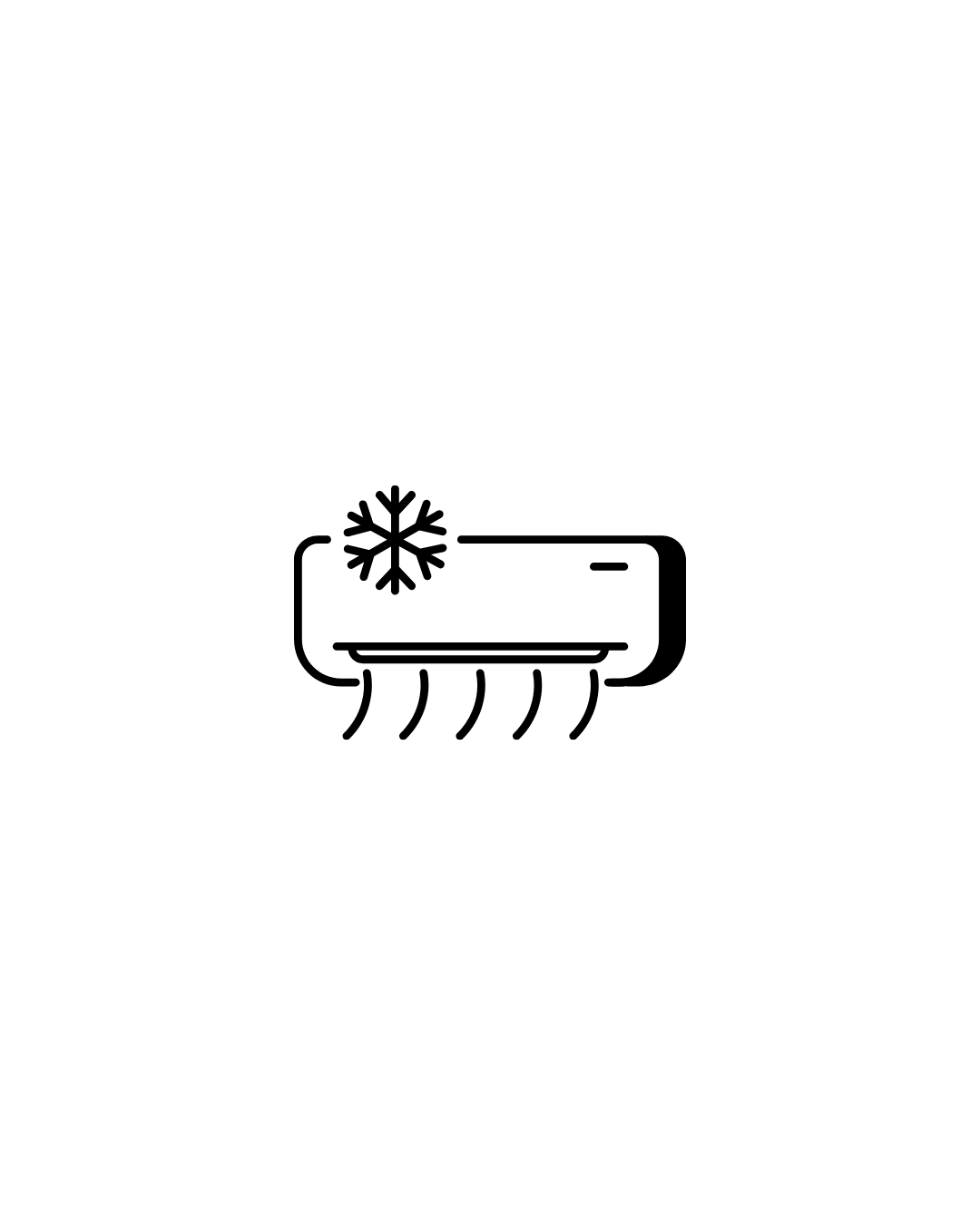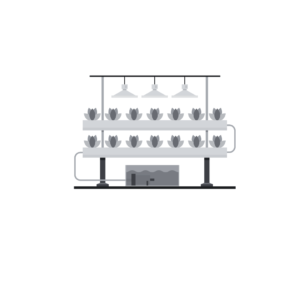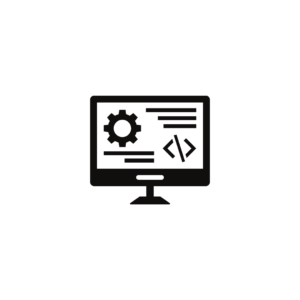Description
An Advanced Diploma in Refrigeration and Air-Conditioning focuses on equipping students with the technical knowledge and practical skills needed to excel in the HVAC (Heating, Ventilation, and Air Conditioning) industry. This program covers the principles of refrigeration, air conditioning systems, maintenance, and repair, preparing graduates for careers in installation, maintenance, and service of these systems.
Course Details:
Duration: Typically 1 to 2 years, depending on the institution.
Eligibility: Candidates generally need to have completed higher secondary education (12th grade) in a science stream, particularly with subjects like Physics and Mathematics. Some institutions may also consider those with relevant experience or qualifications in engineering or technology.
Mode of Study: Offered as a full-time program, combining theoretical lessons with hands-on practical training.
Curriculum:
The curriculum for an Advanced Diploma in Refrigeration and Air-Conditioning generally includes the following key areas:
1. Introduction to Refrigeration and Air-Conditioning
Basic Principles:
Understanding the fundamentals of thermodynamics, heat transfer, and the refrigeration cycles.
Types of Refrigeration Systems:
Overview of different refrigeration systems, including vapour-compression, absorption, and thermoelectric systems.
2. Refrigeration Systems
Components and Operation:
Detailed study of essential components such as compressors, condensers, evaporators, and expansion valves.
Refrigerants:
Types of refrigerants used, their properties, safety concerns, and environmental impact.
3. Air-Conditioning Systems
Types of Air-Conditioning Systems:
Understanding different systems such as central air conditioning, split systems, window units, and portable air conditioners.
System Design and Installation:
Techniques for designing and installing air conditioning systems in residential and commercial settings.
4. Maintenance and Troubleshooting
Preventive Maintenance:
Best practices for maintaining refrigeration and air conditioning systems to ensure their efficiency and longevity.
Troubleshooting Techniques:
Skills for diagnosing and resolving common issues related to HVAC systems.
5. Controls and Automation
HVAC Control Systems:
Understanding control systems and automation used in HVAC applications, including thermostats and programmable controllers.
Energy Management:
Techniques for optimizing system performance and energy efficiency.
6. Safety and Environmental Regulations
Safety Practices:
Awareness of safety protocols while handling refrigerants and working with HVAC systems.
Regulatory Standards:
Understanding environmental regulations related to the HVAC industry, including refrigerant management and emissions.
7. Industry Applications
Commercial and Industrial Refrigeration:
Applications of refrigeration in food preservation, cold storage, and cryogenics.
Applications in Comfort Cooling:
Understanding how air conditioning is applied in residential and commercial buildings.
8. Project Work and Practical Training
Hands-On Experience:
Practical training in workshops or on-site settings to install, maintain, and troubleshoot various cooling systems.
Real-World Applications:
Working on projects that mimic real-life challenges in the industry to develop problem-solving skills.
Assessment:
Assessment methods in this program may include:
Practical Demonstrations:
Hands-on assessments to evaluate students’ skills in installation, maintenance, and troubleshooting.
Written Exams:
Evaluations on theoretical knowledge of refrigeration principles and air conditioning systems.
Projects and Assignments:
Completion of individual or group projects focusing on real-world applications of the concepts learned.
Career Opportunities:
Graduates of the Advanced Diploma in Refrigeration and Air-Conditioning can pursue various career paths, including:
HVAC Technician: Installing, maintaining, and repairing heating, ventilation, and air conditioning systems.
Refrigeration Technician: Specializing in the installation and service of refrigeration systems.
Field Service Engineer: Providing technical support and service for HVAC equipment in the field.
Sales Engineer: Working with HVAC products, helping customers with product selection, and providing technical expertise.
System Designer: Designing HVAC systems for residential, commercial, and industrial applications.
This advanced diploma program is ideal for individuals interested in technical careers in the HVAC industry, focusing on energy efficiency and sustainable practices. If you have any further questions or need more information, feel free to ask!









